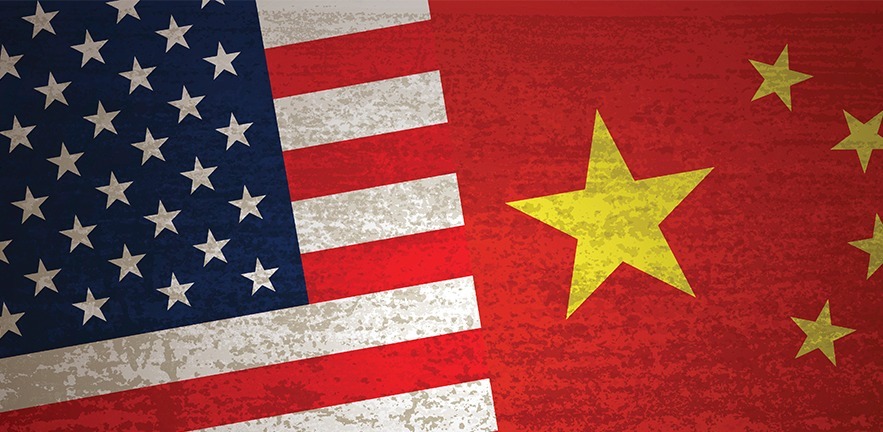State-directed capitalism rather than trade imbalance is the real US worry about China, Michael Kitson tells the Risk Summit of the Centre for Risk Studies.
The state-directed nature of Chinese capitalism that allows longer-term investments is likely of greater concern to the United States than current trade imbalances, says Michael Kitson, University Senior Lecturer in International Economics at Cambridge Judge Business School.
“Arguably it’s this form of capitalism, this longer-term perspective that will enable China to maintain its dominant position as the major global power in the 21st Century,” Michael says in a video prepared for the 2020 Risk Summit of the Cambridge Centre for Risk Studies, being held online on 23 June, which focuses on “The Resilient Company – Managing Business Risks”.

Michael’s presentation focuses on the “Shift from West to East” in economic power in the 21st Century, and particularly towards China.
“The active role of the state to direct the market economy, that unique form of Chinese capitalism – yes, it has many limitations – but what it does allow China to do is to take a long-term view, a much longer-term view that many companies and corporations and governments can do in liberal market economies,” Michael says.
“This enables China to make longer-term investments and engage in global expansion as we’re seeing now with the Belt and Road Initiative. I would argue really that it’s the power of China from state-directed capitalism that’s probably of greater concern to the White House and the United States than global trade imbalances.”
Michael’s presentation focuses on four key dimensions of the Chinese economy: economic power, corporate power, changes in innovation, and the distinctive nature of Chinese capitalism.
In terms of economic power, China is already the largest economy in the world if gross domestic product (GDP) is measured in purchasing power parity, followed by the US, India and Japan; in 2050, the top four by this measurement will be China, India, the US and Indonesia, Michael says in his presentation.
Regarding corporate power, we have seen the “gap closing” every year since 2003 in terms of Chinese firms in the Forbes 2000 list of global companies, with 324 Chinese companies (including Hong Kong) now on the list compared to 588 in the US Of the Forbes top 10 global companies, five are in China (four banks and an insurance group), four are in the US and one is in Saudi Arabia.
In innovation, Michael says that China has invested rapidly in high-tech areas such as pharmaceuticals, automotive, aerospace, semiconductors and robotics, so the country “is really moving away from its strength being based on low-cost labour”. About 20 per cent of the world’s robots and one-third of every new robot installed are now in China.
Michael introduces his presentation by discussing current concerns that the world is “deglobalising” owing to US-China trade tensions and worries over protectionist responses to the COVID-19 (coronavirus) pandemic.
“But we’ve seen the world economy deglobalise in the past. We saw it in the 1930s and the 1970s. These were short-term hiccups in the progression of global integration” – which in the 21st Century will shift increasingly West to East in “an important shift in the rebalancing of economic activity”.


